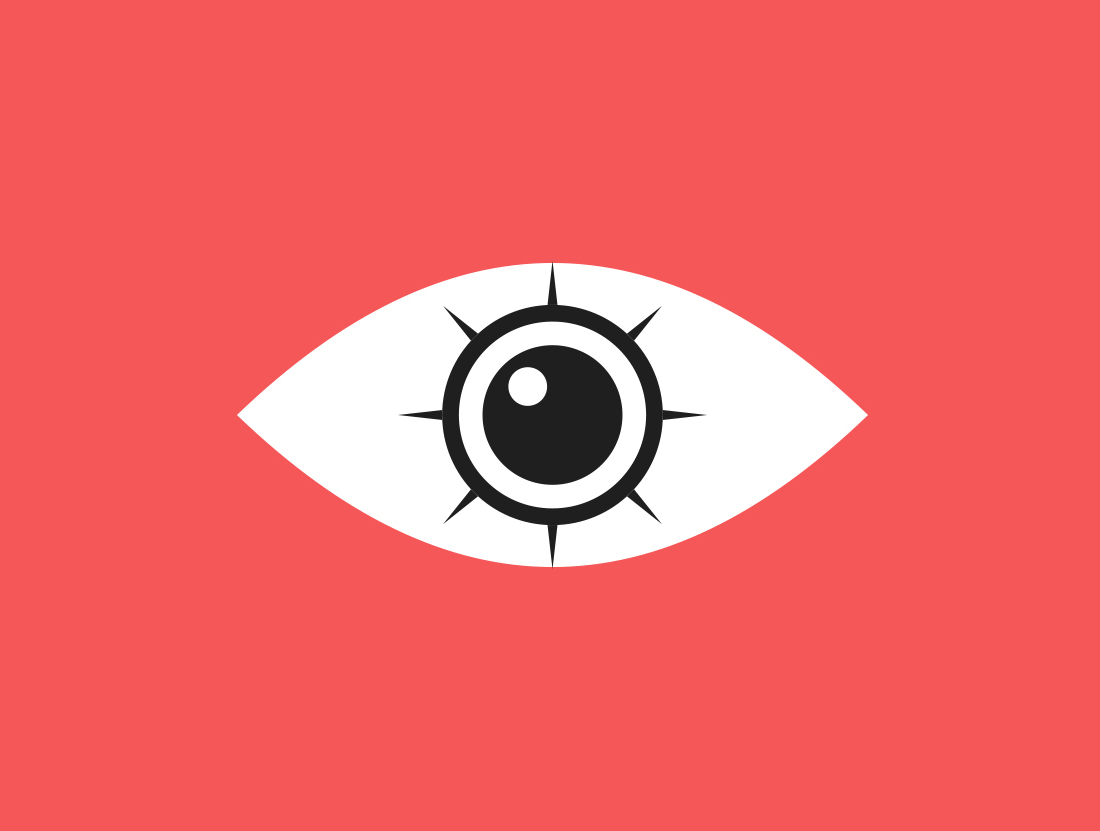
Regard d’expert : le covid-19 affecte les personnes vulnérables au Myanmar de manière disproportionnée
Emilie Röell, founder and director of Doh Eain, discusses how the pandemic affected vulnerable people in Myanmar.
Doh Eain is a participatory design practice based in Yangon dedicated to making cities better. It preserves heritage, improves public spaces and organises activities that connect people with places, employing a user-centred, participatory approach. In doing this, they aim to inspire and enable people to participate in re-shaping their city while retaining cultural heritage.
How has Myanmar been affected by Covid-19?
There have been two phases in Myanmar’s Covid-19 situation so far. Up until August, there weren’t so many infections, and impacts could be felt predominantly related to precautions and restrictions to movement which were making the work of various industries quite difficult. The most affected sectors were definitely the tourism and international travel-dependent ones, but it also hit harshly more day to day businesses. In that sense Myanmar suffered – as most countries around the world – from a general downturn in the economic situation, reducing market opportunities and affecting various sectors. In the last two months, cases started surging and COVID-19 has turned into a real health crisis, filling up hospitals and bringing many businesses to a halt or slowdown once again. The full implications of this second wave are still to be seen in Myanmar.
How were your organisation’s activities affected by Covid-19?
Doh Eain was impacted on multiple levels. Practically our work became a lot harder, as we could no longer go out to communities as easily. Normally, we work in neighbourhoods bringing people together with workshops, sports events, anything that can help people reimagine their spaces and think about their neighbourhood in a different way. This is something that we could no longer do with social distancing.
It became also very difficult to engage with government as they were being very preoccupied with handling the Covid-19 situation. Recently all construction has had to stop which put on hold most of our restoration projects. All in all Doh Eain has seen its activities reduced by half. Of course, we were also impacted on a financial side, as our partners and clients suffered cuts in their budgets.
From your perspective, who were the most affected in Myanmar?
Looking at the situation in Myanmar, one needs to make a distinction between low income families who have some sort of contract, formal registration for the work they do, and those who work informally. Many people in Myanmar work without contracts, having informal jobs such as street sellers, trishaw drivers and waste pickers. While both have inevitably been affected by Covid-19, the situation has been even harder for informal workers as their activities or existence even isn’t so visible. Informal workers are hard to find and identify, which makes it incredibly more difficult for them to obtain help. In contrast, people fired from industries were registered, easier to trace down and support for the government. Programs were developed that directly targeted factory workers which allowed for a reliable transfer of funds to them. The situation for informal workers has been much more complex, with the absence of traceability representing an obstacle to set up support programs for them.

Illustration : Trishaw drivers in Myanmar, © Go Myanmar Tours.
Looking at how Covid-19 impacted most vulnerable people, what would you say is your definition of vulnerability?
Vulnerability can exist in many ways; e.g. in relation to climate change, conflict, food security and poverty. In the context of COVID and the work that we have done, Doh Eain has mostly been speaking about people in urban areas vulnerable in terms of income, employment, housing and household registration. That means low income families who do not have access to the same support, networks that might exist. In Myanmar, informal workers are a very vulnerable population also with the lack of data surrounding them creating even more inequalities. Having so little data about their situation before Covid-19 – who they are, how they make their money, how do they survive – made it even harder to assess how they were affected during the crisis.
What was the support provided for these vulnerable people?
The Covid-19 crisis has acted as a push for the government to accelerate the digitalisation in Myanmar. As more and more shifted online, from being able to purchase food to accessing information about the health situation, Covid-19 has deepened the digital divide already present in Myanmar’s society. Vulnerable people tend to be the least connected, which make them even more vulnerable to the crisis, as they face a huge information gap and are less able to make themselves visible for support. This also had a critical impact for education as home teaching requires accessing the Internet as well as quiet and safe study environments that they generally do not have. Understanding all the dimensions of vulnerability in this regard is crucial to understand how the most vulnerable people experience the consequences of Covid-19. This was a completely different story to them.
How is Doh Eain intervening for vulnerable people?
The government was trying to support with food, which proved to be beneficial but also faced a number of logistical challenges and also health risks regarding the distribution of supplies. Doh Eain tried to supplement the government here by creating channels for cash transfers towards people working in the informal sector and help build more linkages.
In April 2020, in collaboration with partner organisations, Doh Eain launched the “I Do Nation”, a platform designed to assist vulnerable people in Yangon in response to COVID-19 and beyond, starting with street vendors. Throughout this program, we set up a robust street vendor enumeration, surveying and verification mechanism, and started registering vendors to the program with the help of community-based organisations. We also developed the Yangon Neighbourhood Network, trying to map small community-based organisations to make them more visible and see how collectively we could help them to access funding.

Illustration: Doh Eain’s program to support informal workers during lockdown.
What do you think could be done to help most vulnerable people in Myanmar?
There needs to be improvements made in the way that donor money reaches communities and community-based organisations. Vulnerable people are incredibly resilient, they always find ways to keep things running, be safe, earn a living. Throughout the crisis, market vendors in Myanmar started spreading out in different ways so that people could still buy, they started bringing food around, this implied a lot of creativity. Yet, they failed to be supported in that resilience as traditional ways to donate money fails to reach groups like this because they are not easy to find, register, and often don’t satisfy the requirements of bigger donors.
The help provided to them should be much more based on trust, securing cash transfers and basic incomes. Elaborate programs of donations are not so useful to them. Getting cash where it is needed is incredibly important, even more than food sometimes as it does not cover for their living expenses. Cash is often the biggest worry for vulnerable people; for example, 40% of the street vendors we interviewed have household debt that they need to service. Government help providing food supplies certainly helped them, but it did not secure their living.
Do you think Covid-19 could a represent a critical juncture?
I doubt it will bring much to developing countries like Myanmar. The focus is more on overcoming the immediate emergency and impacts on the health system and economy than innovation. Some things will inevitably change. Covid-19 has definitely impacted the way people work, bringing more flexibility in the labour markets. It also brought changes in transportation, affecting the way people travel at least for a while if not indefinitely. All around the world, I see a lot of community initiatives rising up, but for it to have a long-term impact on Myanmar society, I think more would need to be done at the governmental level and other ledership levels in terms of opening the floor for discussion, new approaches, innovation.
Do you think anything good could come from Covid-19 in Myanmar?
I am not so optimistic about the post-Covid situation in Myanmar. The thing is that it is even harder for a country like Myanmar to make something good out of this situation as so far it only deepened inequalities and shook the economy pretty badly. There has been a little bit of improvement in the online transformation aimed by the government which received a new momentum. Yet, the focus has been more on the immediate response than the long-term impact that Covid-19 will have in their lives. I think this is understandable for a developing country like Myanmar.
Interview realised by Anaïs Julin, for the Econogy Project.





Laisser un commentaire